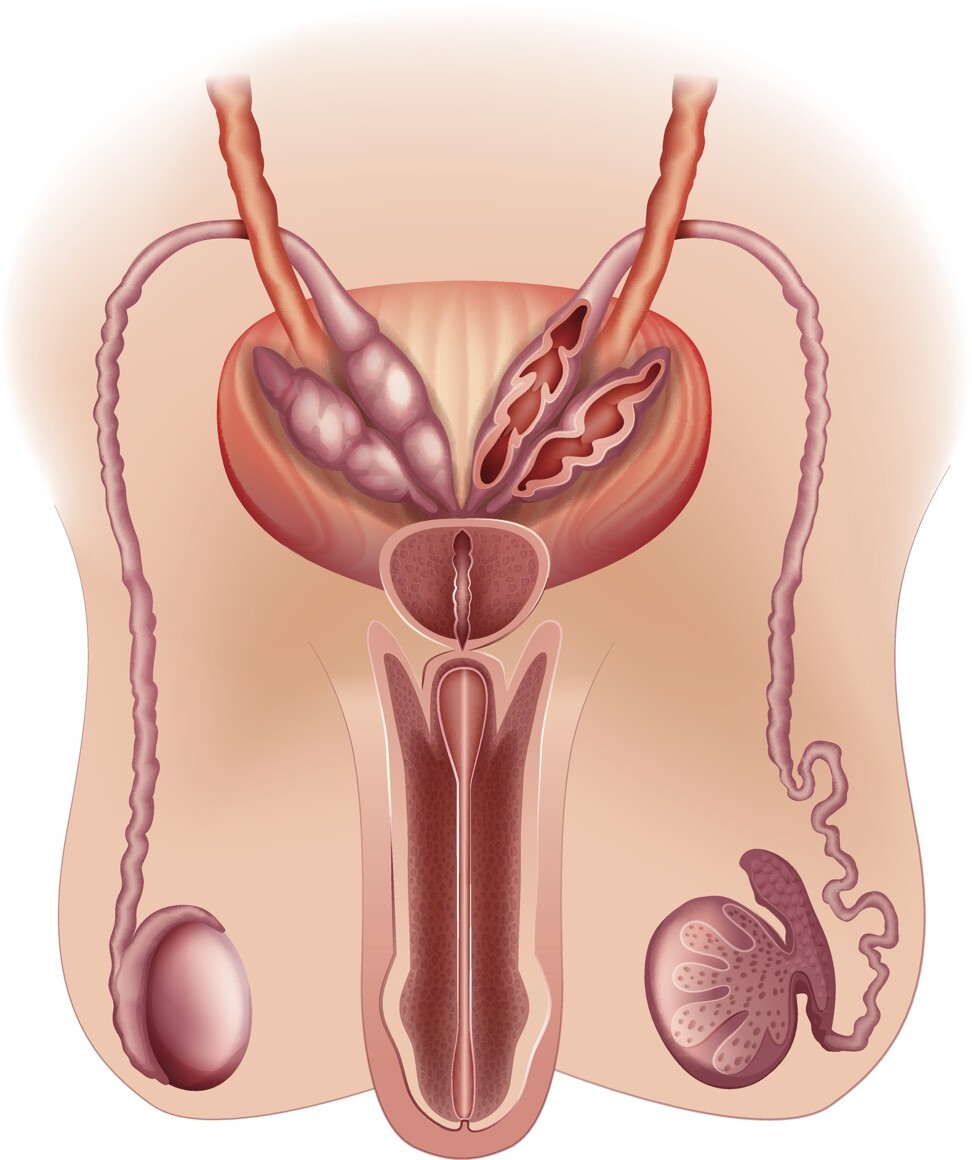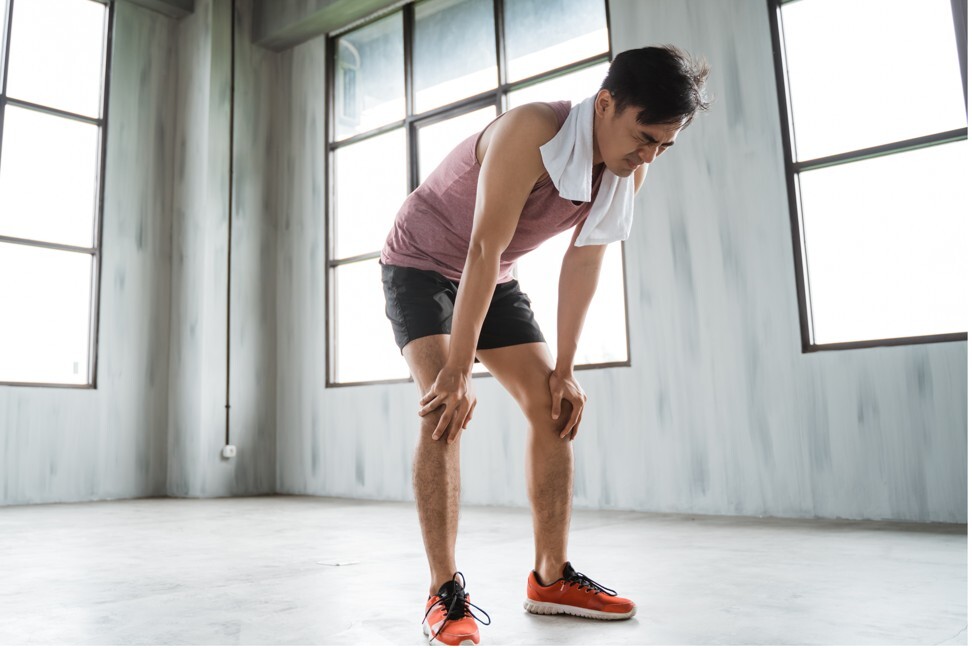
How Covid-19 can ruin your sex life: erectile dysfunction a major side effect of the virus in men, study finds
- Doctors say cardiovascular and psychological problems arising from Covid-19 contribute to erectile dysfunction, as does the body’s immune system response
- The good news is that getting vaccinated as soon as possible may reduce the blood-vessel damage a surge of antibodies causes, and so reduce erectile dysfunction
Some men recovering from a bout of Covid-19 have discovered unexpected consequences: having trouble getting and keeping an erection.
Could there be a connection between having the virus and sexual difficulties?
In a word, the answer is yes. A recent study published in the Journal of Endocrinological Investigation explored that exact question.
Professor Emmanuele Jannini, of the University of Rome Tor Vergata and his colleagues found a definite connection between erectile dysfunction (ED) and Covid-19. How does it work? Jannini suggests several factors that come into play.

1. Overall health issues. Like it or not, ED is a good indicator of our overall health and is often a symptom of an underlying health problem. And since Covid-19 can aggravate (or cause) many health concerns, it’s no wonder that there’s a connection to ED.
2. Psychological issues. In addition to the damage, Covid-19 can do to one’s physical health, there are also numerous mental health issues, including depression and anxiety, both of which can cause ED.
3. Cardio issues. Many people with Covid-19 have developed cardiovascular problems, including dangerous levels of inflammation in the heart and circulatory system. And any problems with blood circulation may result in ED.
He explains the big picture this way: “Erectile function is highly dependent on pressurised blood flow, which starts at the heart, pulses through the large arteries, and then flows through the small blood vessels. Conditions like diabetes, high cholesterol, and smoking cause damage to the inner lining of the blood vessels, which causes ED. So does Covid-19.”


That is fairly easy to understand. But there’s also a more complicated – yet fascinating – explanation.
“The coronavirus hijacks our own cells to create new copies of itself, which then get released throughout our body,” Brandeis says. “However, since our body has never seen this virus before, it hasn’t developed the antibodies that would allow it to mount a targeted defence.
“As a result, it tries to stamp out the invader by launching a massive, non-specific immune response. The body’s massive response ends up damaging itself – particularly the endothelium, which is the delicate layer of cells that lines our blood vessels.” The bottom line: blood vessels are narrowed and blood flow is restricted, which increases ED.
Ask your doctor about ways to protect your endothelium. Several clinical trials are currently exploring the use of nitric oxide (a chemical produced naturally in our body that acts as a vasodilator, relaxing the lining of blood vessels and increasing blood flow). According to Brandeis, the results so far are optimistic.
In the meantime, keep wearing a mask, wash your hands regularly, and avoid groups of people.

